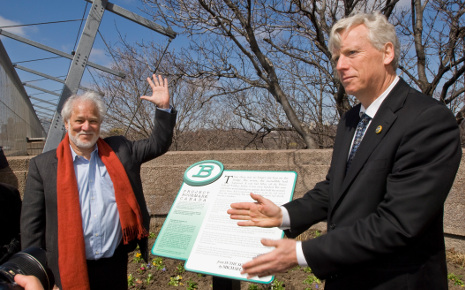This article was first published on rabble.ca
The case of Larry Nassar, who for years was a doctor for Michigan State University and the U.S. Women’s Gymnastics Olympic team, and who has pleaded guilty to seven counts of criminal sexual conduct, is truly disturbing. In the sentencing phase of the trial, 156 victims made statements to the court about the impact of his acts on their lives.
This case also drew attention to situations where an attempt is made to silence victims through a non disclosure or confidentiality agreement. One of Nassar’s victims, McKayla Maroney, reached a settlement with USA Gymnastics (USAG) in December, 2016, which included such an agreement, prohibiting her from speaking about any abuse she suffered at the hands of Nassar. The confidentiality agreement also contained a provision that if Maroney violated the agreement, USAG could “fine” her US$100,000. This raised the question of whether she would, or could, make a victim impact statement at Nassar’s sentencing hearing. Ultimately, USAG confirmed that it would not seek to enforce those provisions if Maroney made a victim impact statement.
As a result of USAG’s decision, in this case the confidentiality agreement will not have prevented Maroney from speaking out. But what about other victims who have signed confidentiality agreements in the course of settling sexual assault claims, in cases when the other party to the settlement agreement will not agree to waive the confidentiality agreement? Are those persons free to speak without any repercussions? Unfortunately, in Canada, the answer is not clear. Continue reading “Signing on to silence: Confidentiality agreements in sexual assault cases”
 Subscribe to our RSS feed
Subscribe to our RSS feed Find us on Facebook
Find us on Facebook
